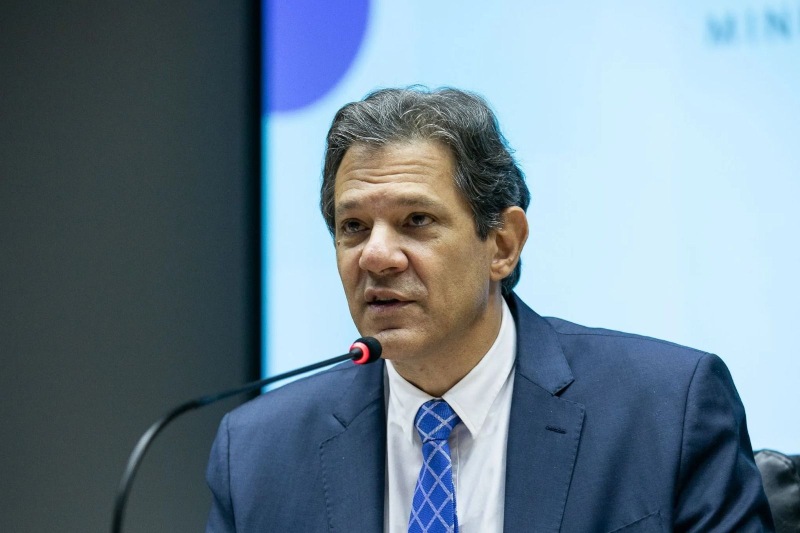
Brazil’s finance minister told his peers on Thursday at the G20 meeting in Sao Paulo, that countries should implement a global tax on the ultra-rich to combat widespread tax evasion.
International cooperation, according to Fernando Haddad, can address tax evasion and allow “these few individuals to make their contribution to our societies and the planet’s sustainable development.”
The G20 leaders’ declaration on international taxation is something Brazil is pressing for, he continued, and he hopes it will be ready by July. But he acknowledged the road ahead would be difficult in a press conference held following the meeting.
“There will be a lot of debate about this, which is absolutely natural, especially because not every country feels the same way about this problem that was brought to the G20 by Brazil,” he said.
President Luiz Inácio Lula da Silva of Brazil, who presently holds the presidency of the 20 largest rich and developing nations, has prioritized issues facing the developing world, including the lowering of inequality and the reform of multilateral institutions.
Haddad mentioned social, economic, and environmental issues when he said, “Brazil has a role to play, a legitimacy to use on the issues that need to be addressed and that are not always represented in the G20.”
A 2023 study by the advocacy group Tax Justice Network estimates that tax havens could cost nations worldwide up to $4.8 trillion in lost tax revenue over the next ten years. Furthermore, according to a study released earlier this year by the EU Tax Observatory and referenced by Haddad, billionaires across the globe effectively pay taxes that range from 0% to 0.5% of their wealth.
Meanwhile, Oxfam International, an anti-poverty organization, states that since the coronavirus pandemic, the gap between the super-rich and most of the world’s population has widened dramatically since the coronavirus pandemic.
“There are fewer taxes on assets today than two or three decades ago. The global movement has tended towards reducing taxation on companies and wealth,” said André Vereta-Nahoum, a sociology professor at the University of Sao Paulo.
Though there is little chance that Congress will enact the billionaire minimum income tax, U.S. President Joe Biden is among those advocating for higher taxes on the wealthy as a result of the widening income gap.
The United Nations General Assembly passed a resolution late last year endorsing greater international tax cooperation to “make it fully inclusive and more effective,” indicating a growing global consensus on the issue.
“The difficulty is no longer putting the issue on the table, the data is there. The difficulty is arriving at a common document,” according to economist Carla Beni of the university and think tank Getulio Vargas Foundation.
May is Small Business Month, a time to honor and recognize the achievements of the… Read More
Swiss International University (SIU) is on track to be one of the world's most respected… Read More
In a session that left students buzzing with fresh ideas and practical insights, Invertis University… Read More
At the 21st Shanghai International Automobile Industry Exhibition, which is surging with the wave of… Read More
Liverpool, UK—House of Spells and Comic Con Liverpool are once again collaborating to bring the… Read More
Introduction In India's booming EdTech space, there's one name that's making waves among Telugu students… Read More